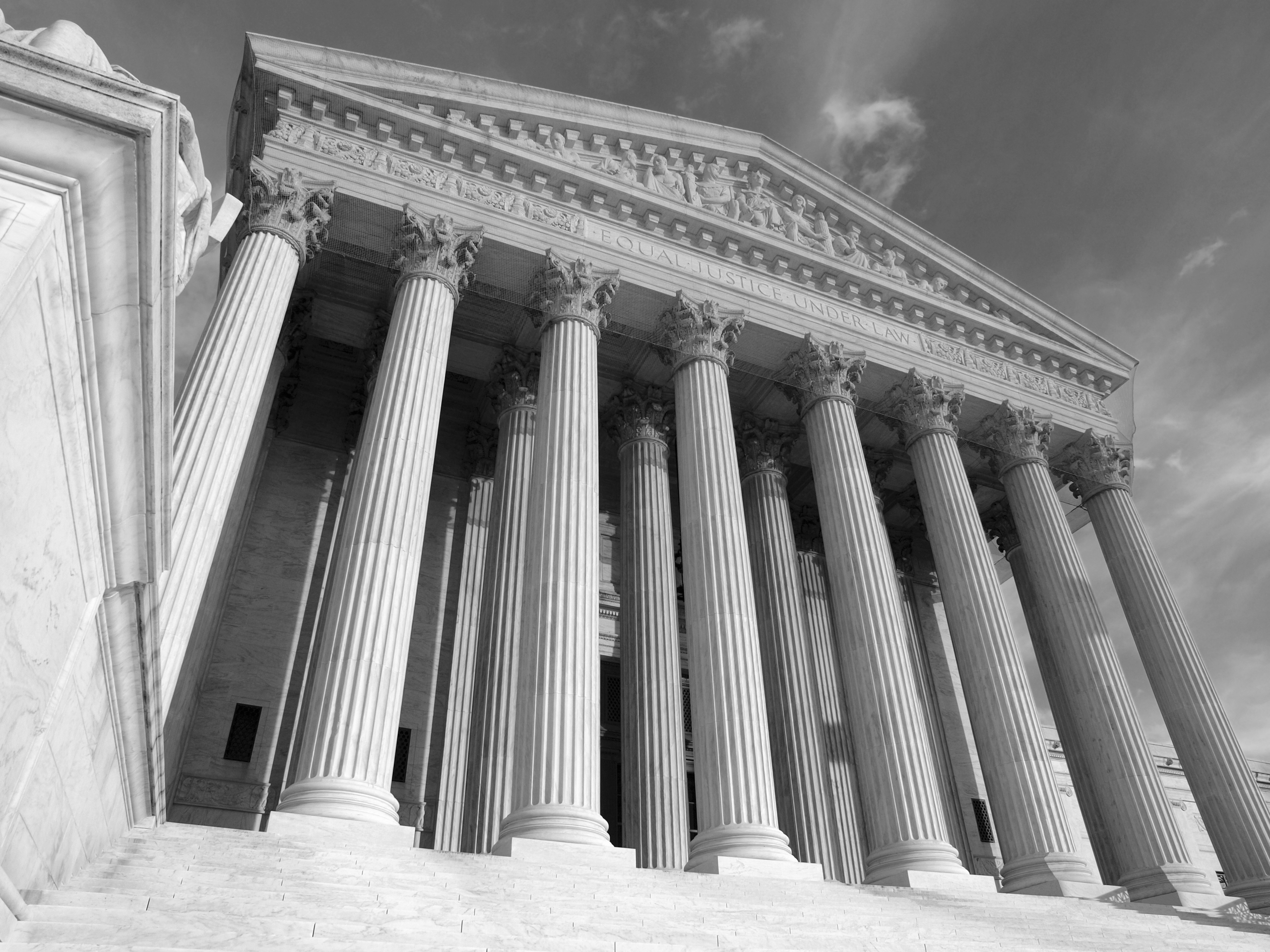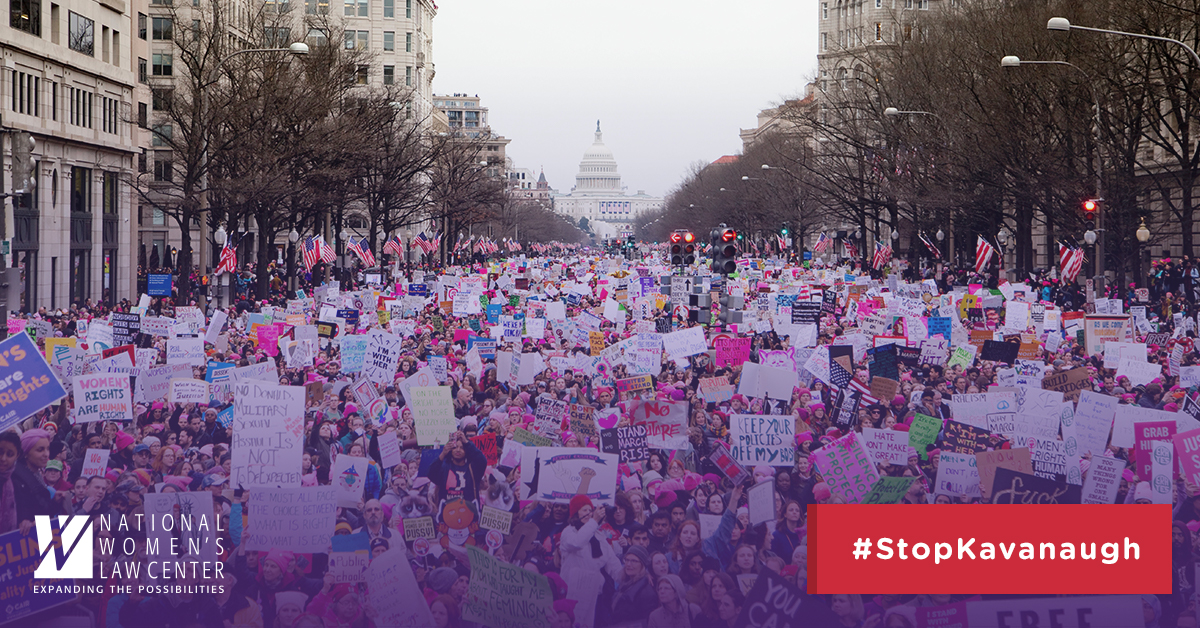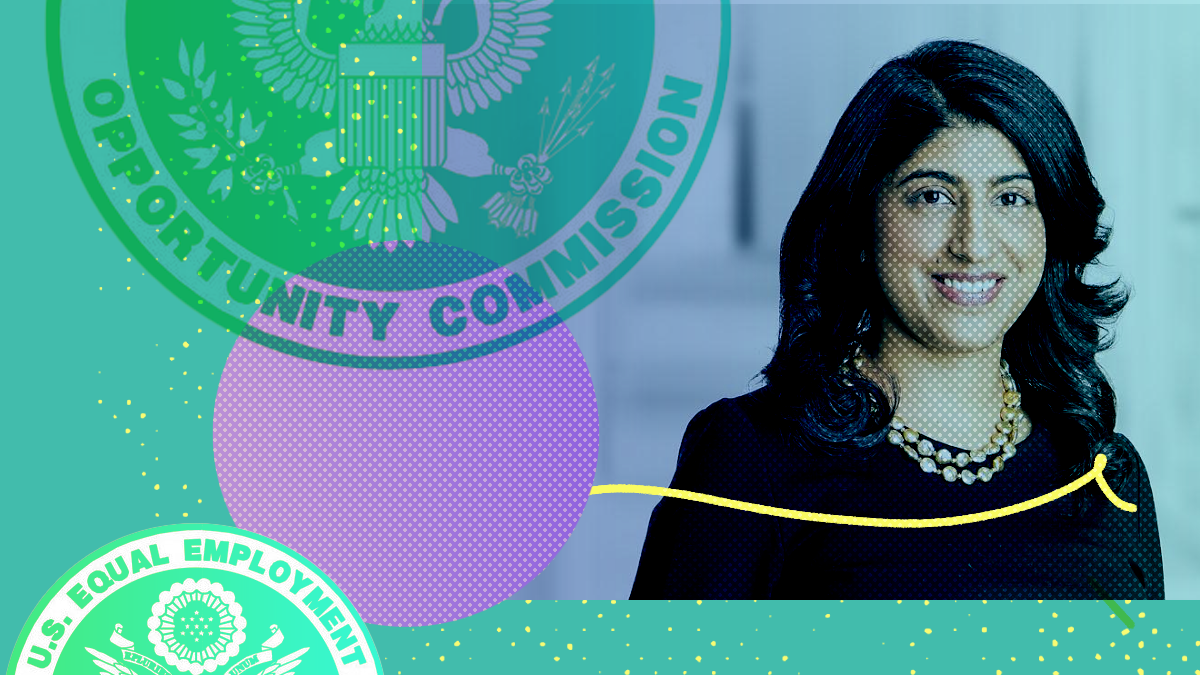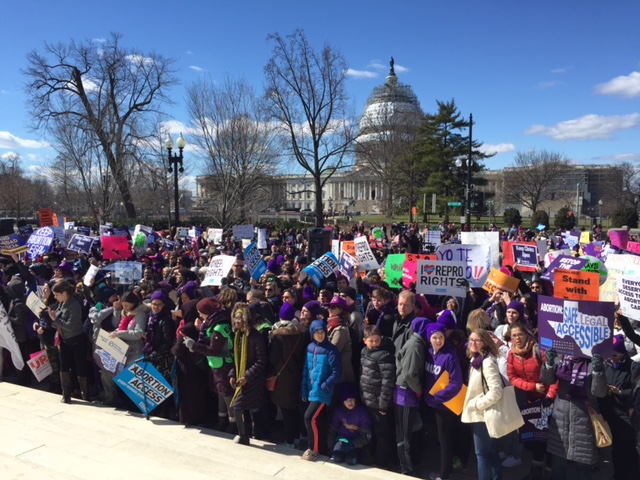Abortion rights, women of color, and LGBTQIA+ people are under attack. Pledge to join us in fighting for gender justice.
The Supreme Court Term Just Ended, but the Disastrous Effects of Their Decisions Are Just Beginning

On July 1, 2024, the Supreme Court term came to a chilling end, with a conservative supermajority ruling that presidents are largely immune from criminal prosecution for acts undertaken while in office—a devastating decision, even for this highly politicized Court.
This decision concluded a term in which the conservative supermajority systematically advanced its political agenda of expanding its own power and the power of its political allies, while continuing to erode the rights and protections of everyday Americans.
In addition to inviting a future president to feel less constrained by the legality of their actions, the Court also sharply limited the ability of any future progressive administration to pursue policies that the current Court disagrees with. It overturned decades of precedent by holding that the courts don’t need to defer to the rules issued by federal agencies interpreting and implementing the law, even when those rules are based on the types of scientific or technical expertise that judges lack.
The Court further held that those rules can be challenged in a courtroom even when they have been in place for decades, inviting deep-pocketed special interest groups to rush to the courthouse to argue against long-standing safeguards that protect consumers, workers, students, patients, and the broader public. This ruling further put at risk our bodily autonomy, what our kids can learn at school, and our voting rights
This is a Court that has abandoned any pretense of commitment to equal justice under the law.
Some of the cases we’re most concerned about:
Johnson v. Grants Pass
- The Court ruled that it is constitutional to fine, arrest, or jail people experiencing homelessness for the simple act of using survival items, like a blanket or a pillow, in a public space, even when no shelter has been made available. Women and LGBTQIA+ people are at the greatest risk of housing instability, and trans people of color in particular face high rates of housing discrimination and bias—including when seeking emergency shelter—making it harder for them to find safe and secure housing.
Loper Bright v. Raimondo
- The Court put expansive new policy-making power into the hands of unelected judges and its own conservative supermajority, threatening hard-fought protections for students, patients, and workers. This ruling opens the door to a wave of new extremist challenges to critical rights for women and families, from protections against sex discrimination in health care and education to rules securing overtime and family leave for workers.
Trump v. United States
- The Supreme Court ruled Trump has immunity from criminal prosecution for “official” presidential acts, putting the president beyond the rule of law for the first time in the history of our country. While the Court remands to lower courts to determine which of the criminal activities Trump is alleged to have undertaken as President are deemed “official acts,” its ruling puts our democracy at severe risk.
Idaho and Moyle, et al. v. United States
- The Court ruled that emergency abortions could go forward in Idaho while the case challenging Idaho’s abortion ban wends its way through the lower courts. However, it refused to say what should be clear—that the federal law requiring stabilizing emergency care preempts any state law to the contrary, because federal law is the supreme law of the land. Instead, the Court specifically left the door open to ruling in the months or years to come that states can ignore federal law’s protections for pregnant people when they criminalize abortion care.
Case after case, the conservative majority on the Supreme Court demonstrated that it is a political body intent on grabbing and entrenching power for itself, and for the leaders who share its extreme, conservative ideology. These Justices have shown that they don’t care about justice, equality, or our basic human rights. What happened this term is an attack on all of us.





